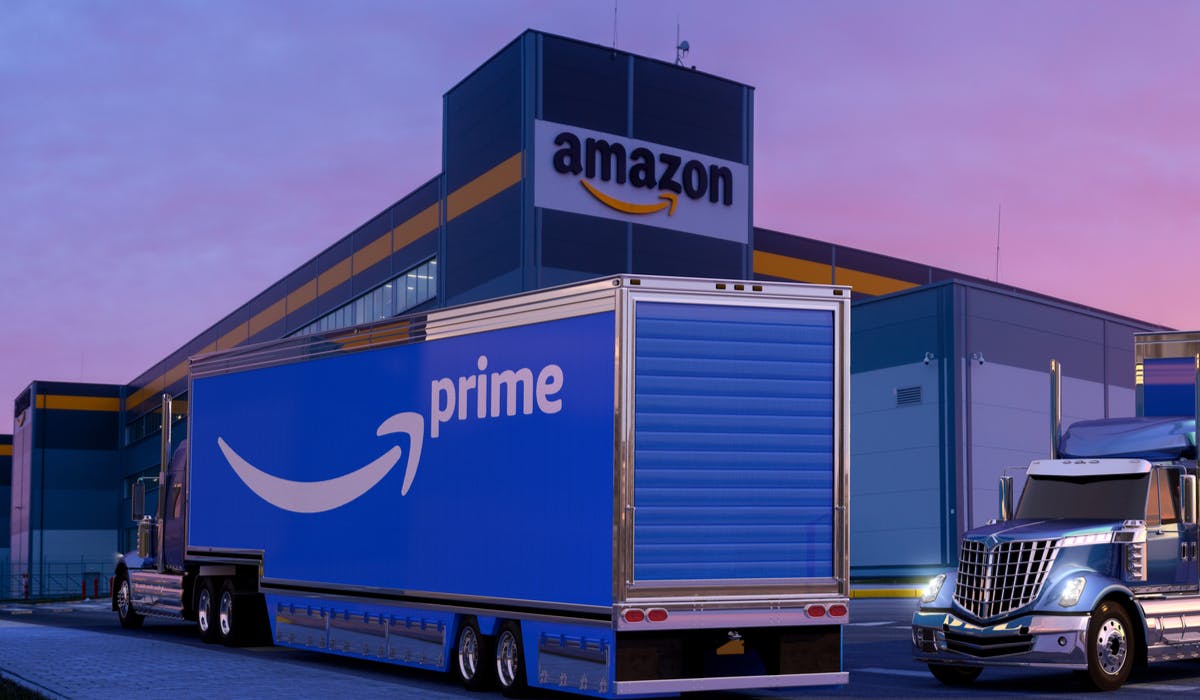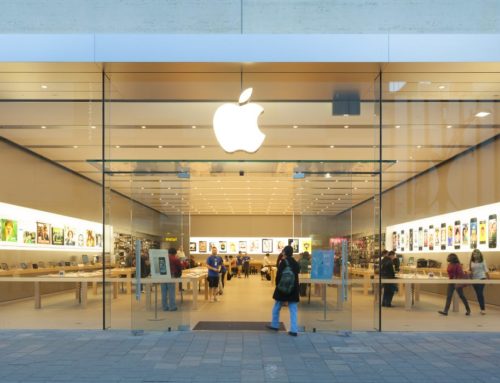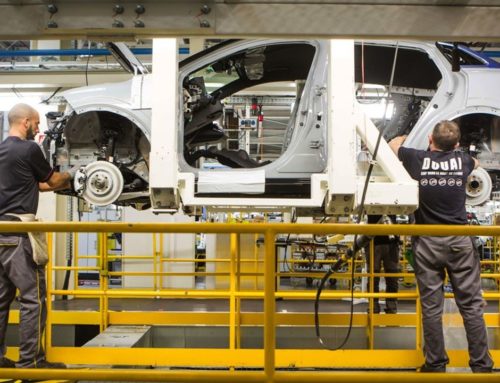
Amazon is a strange champion for advertising. It is a company that both earns and spends money on advertising. While it was laying out $11bn to advertise its products this year, for example, it was receiving even more money from companies paying to promote their products via the company’s all-powerful platform.
But the main reason Amazon seems an odd fit with advertising is that it is held up, along with Tesla, as the primary example of a company that does not need to advertise at all.
About four times a minute on Twitter some tech-head quotes Jeff Bezos and his infamous aside that advertising is “the price you pay for having an unremarkable product or service”. It’s a doubly dumb quote. First, because it implies that unremarkable products prosper from advertising when – if anything – the investment merely speeds their demise. Second, because it suggests that advertising adds nothing to the potential success of products that are already remarkable.
Most advertising spend is defensive, not offensive. You are paying not to increase your market share next year, but ensure it stays where it is.
Dumb or not, it’s a quote that attracts a great following from the significant proportion of knuckleheads who generally see advertising as an anachronism in the modern marketing world of first-party data, content and purpose. These are the same people who argue Tesla need never advertise because “there is more demand than supply” for the company’s current manufacturing output, or shrug their shoulders at the companies lining up to advertise during the Super Bowl.
I spoke with one senior marketing professor at a top business school this year who estimates that more than two thirds of her incoming MBA class have been “head-fucked” into believing advertising is an unnecessary, outdated business practice. Before she teaches them how to build communications campaigns, she must first make the case for why such things are even important.
Power and impact of ad spend
Having Bezos and Amazon spend more on ads than anyone else is like a vegan becoming the bullfighting champion of Spain. The explanation can be found in a Damascene period during 2018 when Bezos confessed to staff that he had changed his mind about advertising.Eternally inquisitive and open to ideas, Bezos realized that Amazon was changing, and so were its competitors. The company now had products like Alexa and its Kindle to promote. It had acquisitions like Whole Foods to support with advertising too. And Bezos had come to see that product development and promotional investments were actually bedfellows, not rivals.
Lire l’article complet sur : www.marketingweek.com







Leave A Comment